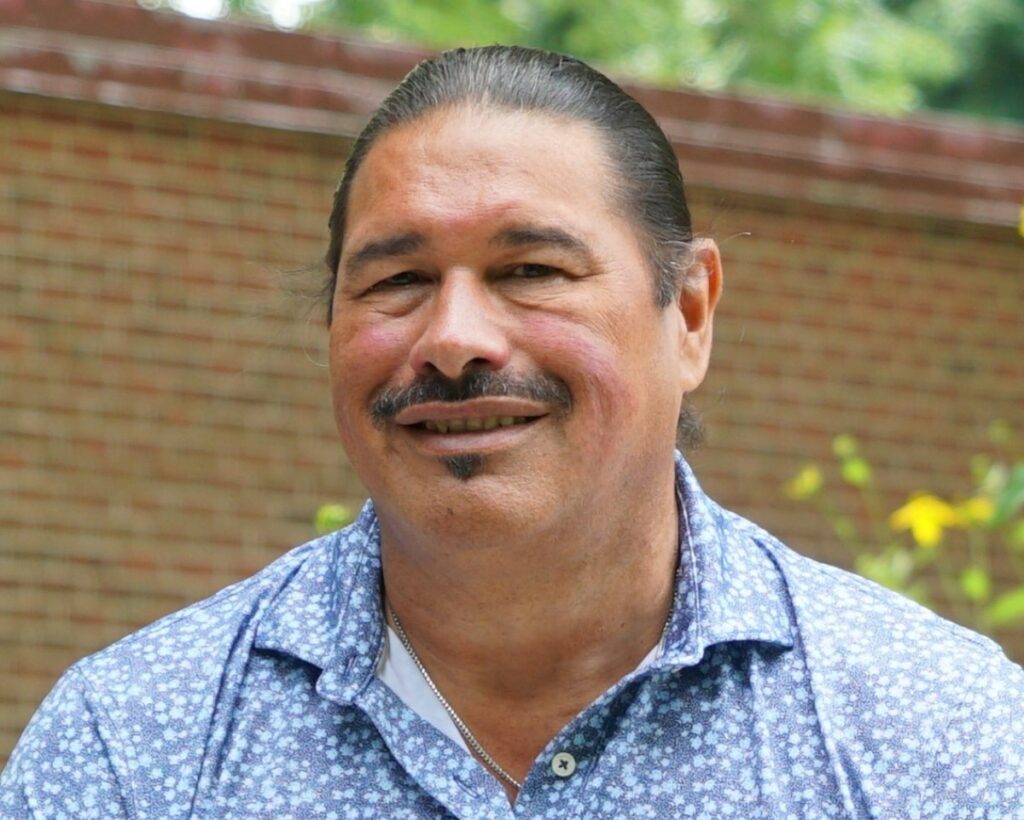Anishinaabeg Outreach aims to prevent homelessness and help people heal from trauma by providing mental health services through a new software program.
AO is a not-for-profit organization serving Indigenous people in Guelph and Waterloo Region by helping people overcome barriers, providing culturally appropriate services and supporting individuals to succeed.
The software, called AONest, has received $150,000 in funding from the TELUS Future Friendly Foundation, a charity that prioritizes funding to help young people through counselling, peer support and mentoring programs. The money will help roll out the program, as well as $100,000 from RBC.
“We've found that we can't help people get jobs or learn until they're actually recovered,” said AO CEO Stephen Jackson. Once people are taught essential life skills and have access to mental health services, they have an easier time finding work.
AO wants to make treatment accessible to everyone, he said. Currently, therapists are available to help people with their mental health, but there aren't enough of them and the waiting list to see a therapist is long.
AO partners with agencies such as Guelph Community Health Centre, Compass Community Centre and Trillium Waldorf School Guelph to implement programs with staff and clients.
There are about 10 organizations AO would like to support with the program, but they're short on funds — it costs $150,000 to support one organization. Jackson believes AONest can end homelessness and hopes people will see its value and donate.
To build support and momentum for AO, we will be launching a donation campaign on June 17th.
AONest has 600 mental health courses and is expected to have about 2,500 worksheets by the end of the fall. They cover topics such as emotional intelligence, ADHD and building healthy relationships. It's self-guided, so students can choose the courses they want to work through at their own pace.
Caitlyn McComb has been involved in the development of AONest from the beginning. She is AO's Director of Strategic Initiatives.
“And we hear it all the time with every call we get from our clients that mental health is an ongoing need in the community, whether it's for themselves or for their family members,” McComb said.
She said there can be long wait times to receive services, or services can be expensive and difficult to access.
The idea of filling an existing gap with a solution is what people are interested in, she says, and because AONest is customizable, people can choose what they want to work on based on the support they're looking for.
McComb lives in Guelph and sees the stress people are under first-hand.
“So we're working to provide resources, hopefully different ways, scalable ways, to help individuals get through that, because I think there's an overwhelming demand for mental health support and a shortage of people to provide those services,” she said.
Jackson would like to make AONest available in every city and reserve in Canada, but to do so he needs financial support.



